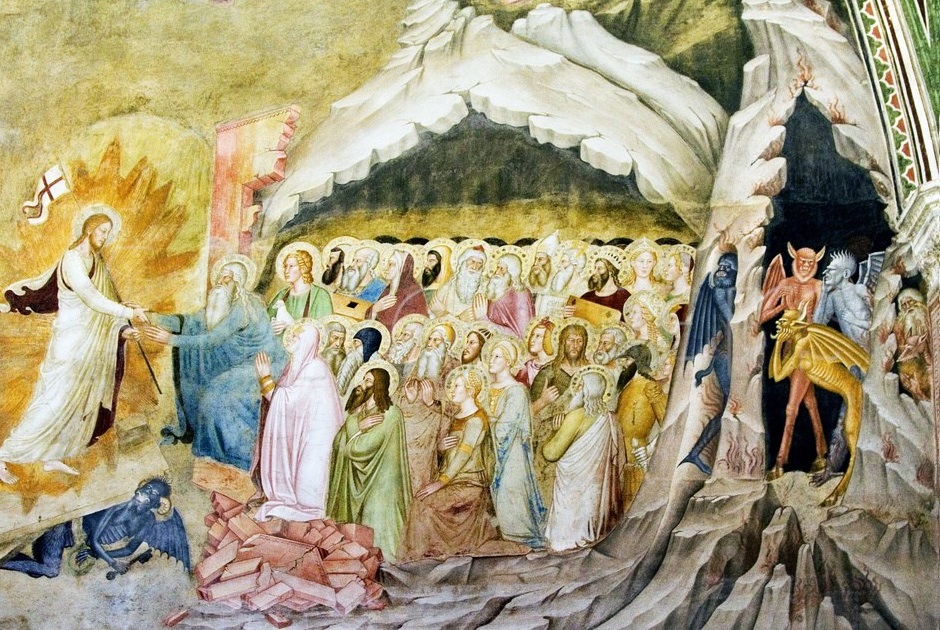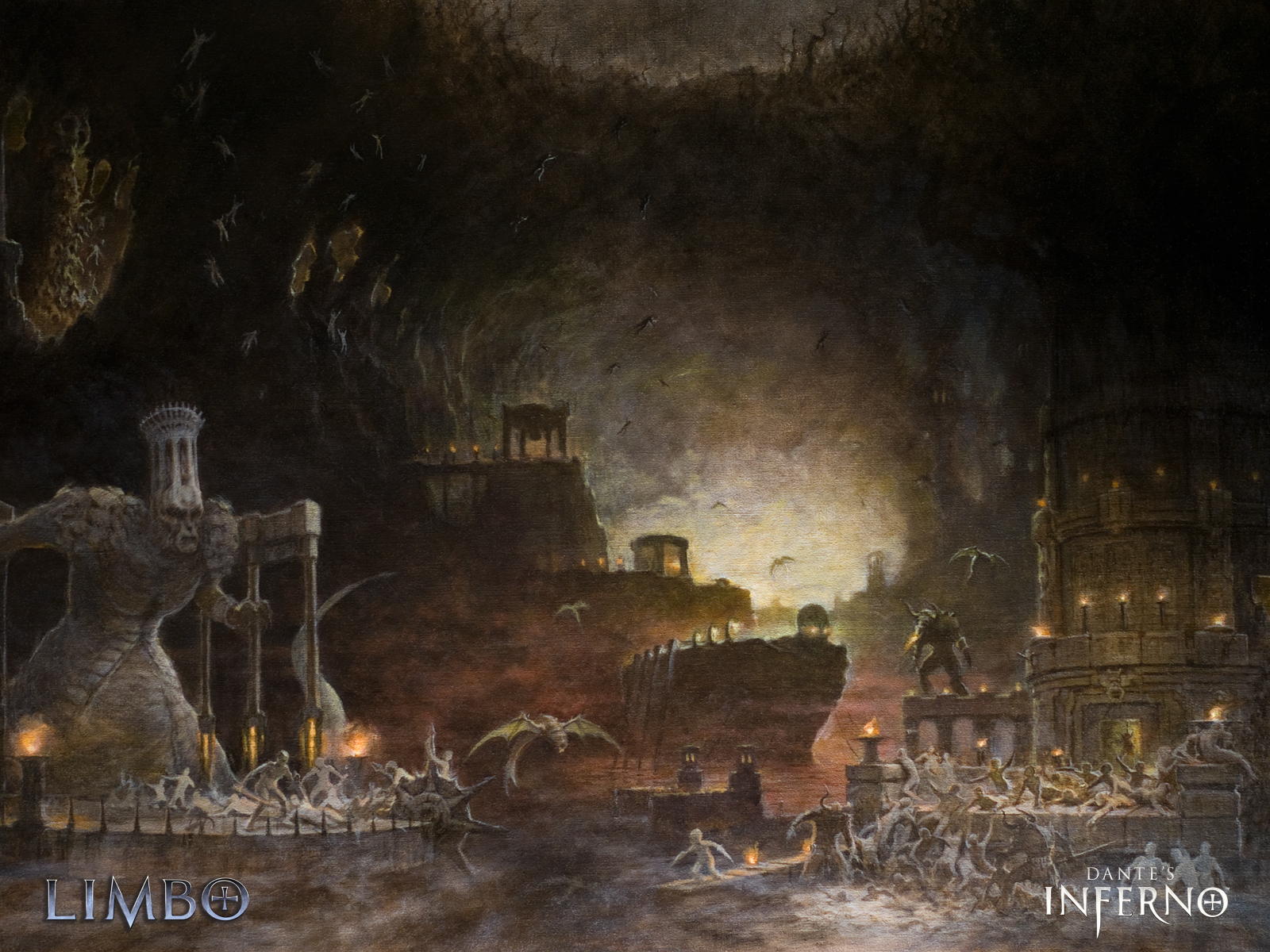

afterwards he spoiled hell, and delivered and brought with him from thence all the souls of those righteous and good men which, from the fall of Adam, died in the favor of God, and in the faith and belief of this our Savior, which was then to come." The doctrine of the Church, as expressed in the symbols, names no other divisions. Compare here the statement of the early English reformers in "the Institution of a Christian Man" on the fifth article of their creed: "Our Savior Jesus Christ, at his entry into hell, first conquered and oppressed both the devil and hell, and also death itself.
#Limbo purgatory free#
Romans 1:6, 3, 5) Ģ, purgatory, in which the souls of believers, and of those who are justified, suffer until they are entirely free from sin ģ, the bosom of Abraham, where the saints who died before the coming of Christ were received, and where, while free from torments, they were nevertheless, on account of original sin, prevented by the daemons from beholding othe glory of God until the coming o the Redeemer, whose merits freed them from these bonds, and opened to them the doors of heaven. § 109), of which the place of punishment consists, into,ġ, hell, in its fullest sense, that terrible, immense prison in which the damned, who died in a state of mortal sin, are to remain forever (Cat. At present they use the word infernus to convey the idea that all sinners are in some place outside of heaven, and that, on account of their different personal qualities, they are divided into different classes, which have nothing in common except their exclusion from the happiness of heaven, and therefore divide these abdita receptacula (Augustine. According to this theory, until the coming of Christ, the souls of all departed were, without exception, sent into the place of punishment, or infernus, as is (according to Romish views) still the case with those who die without having arrived at perfection, or with some penance still to be performed for sin. This doctrine was first advanced by pope Benedict XII, and afterwards sanctioned by the Council of Florence (Perrone, 5:213). Romans 1:2, 7) since then they have been permanently open to all perfect saints.


According to the Roman Catholic view, until Christ's death and resurrection, which constituted the decisive moments of the work of redemption, the doors of heaven were closed to all (Catech. Hell is placed lowest, purgatory next, then limbus for infants and finally is enumerated a place for those who died before the advent of Christ. Besides these she enumerates limbus infantum the department for infants limbus patrum, the department of the fathers and purgatory. Heaven is the residence of the holy, and hell of the finally damned. There are five places to which the Church of Rome consigns departed spirits. Limbo Or Limbus meaning a border or department, is used by Romanists as the name of the place of some of the departed, which the schoolmen who first held this doctrine (see below) believed to be situated on the limb, i.e., the edge or border of hell.


 0 kommentar(er)
0 kommentar(er)
